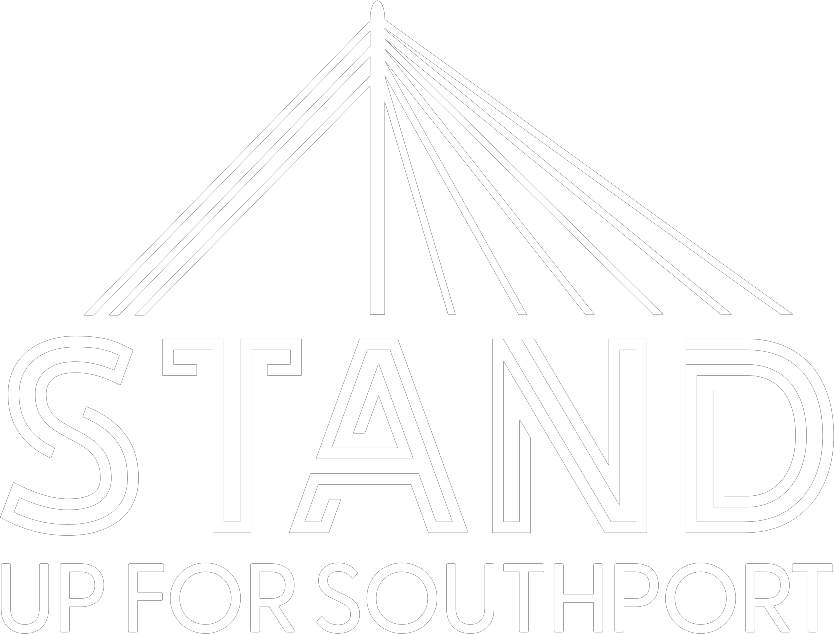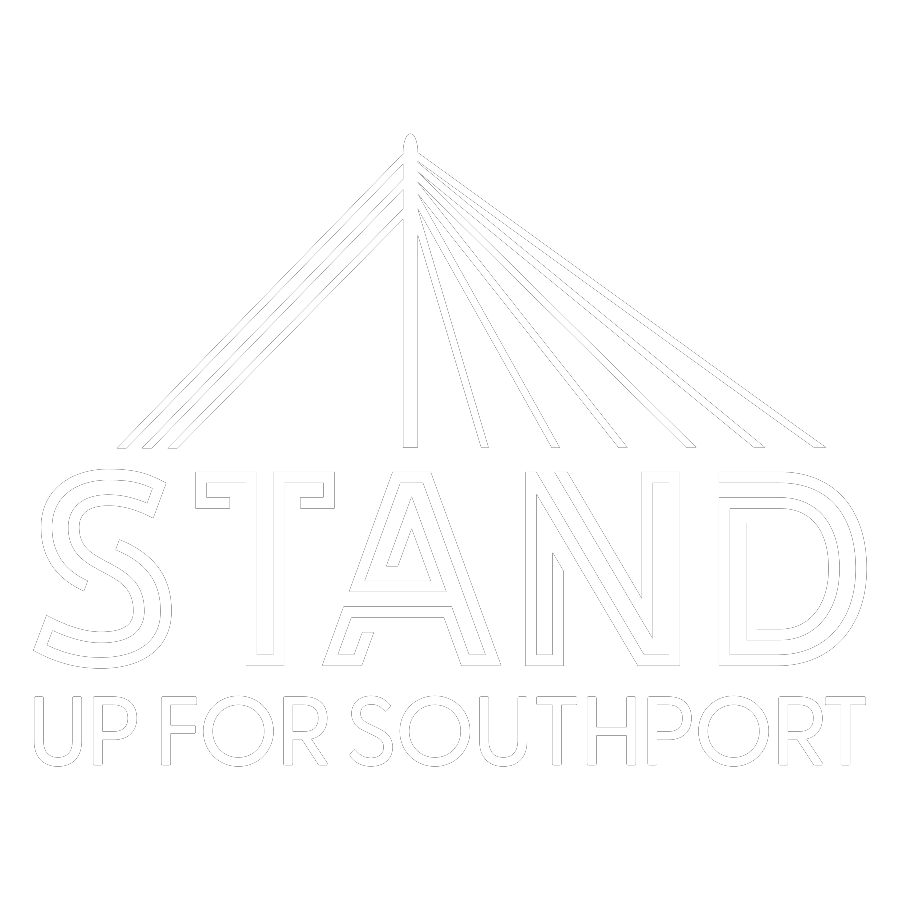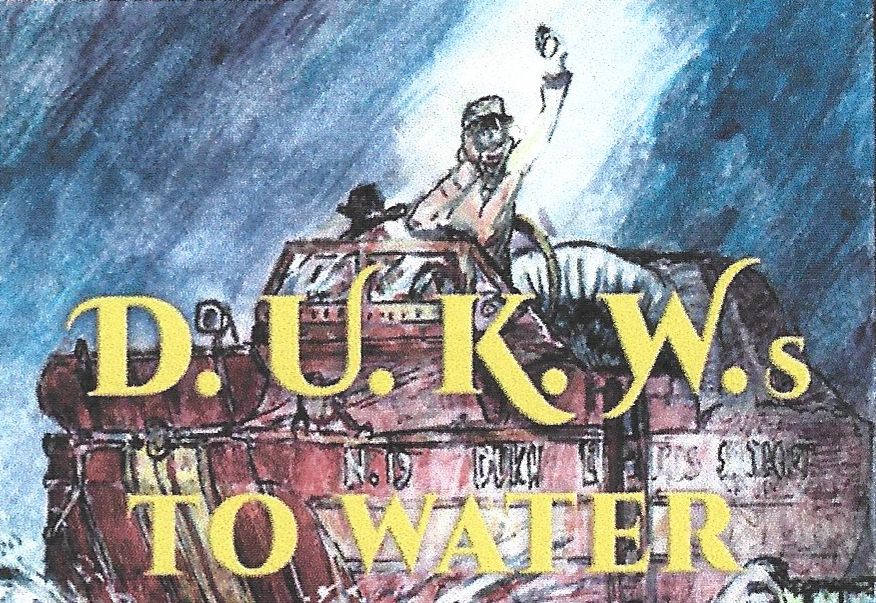A renowned Southport author will share the fascinating history of DUKWs at the next meeting of the North Meols (Southport) Family History Society.
The meeting takes place on Wednesday, 6th April, in The Lounge, at the rear of Cornerstone Church (formerly Marshside Road Methodist Church) commencing at 7.30pm. Refreshments will be available.
If anybody wants to attend Peter’s talk it is free entry but donations are accepted!
The Society meets on the first Wednesday of every month.
The DUKW, colloquially known as Duck, is a six-wheel-drive amphibious modification of the two and a half ton trucks which were heavily used by the US military during World War Two and the Korean War.
Designed by a partnership under military auspices of Sparkman * Stephens and the General Motors Corporation (GMC), the DUKW was used for the transportation of goods and troops over land and water. Excelling at approaching and crossing beaches in amphibious warfare attacks, it was intended only to last long enough to meet the demands of combat. Surviving DUKWs have since found popularity as tourist craft in marine environments around the world.
Peter Dyer has carried out extensive research on the DUKWs, especially regarding their unique role along the coast of Southport from the 1950s through to the end of the 1990s, where they were a familiar, popular and reassuring sight to beach-goers.
Peter’s book DUKWs To Water, which was published in 2020, covers an area of maritime history which has never been so thoroughly researched.
Peter has also written another book, entitled Duke The Duck, recounting the amazing stories of the heroic work by rescue lifeguards and sea rangers in their World War Two amphibious DUKWs.
Southport’s amphibious DUKW rescue service ran from 1950 until 1998.
It was responsible for saving the lives of over 600 men, women and children over its nearly five decades of existence.
The use of the World War Two era USA amphibious vehicles in such numbers made it even more unique.
Peter relates this story, drawn from the unpublished reports and experiences themselves of the Lifeguards themselves who served. His talk is very well illustrated.
The story goes even further, to the more recent appearance of the DUKWs on the River Mersey and the River Thames as part of a developing tourist attraction.
The DUKWs were also used after the war in the leisure industry in the US.
Do you have a story for Stand Up For Southport? Please message Andrew Brown via Facebook here or email me at: mediaandrewbrown@gmail.com






